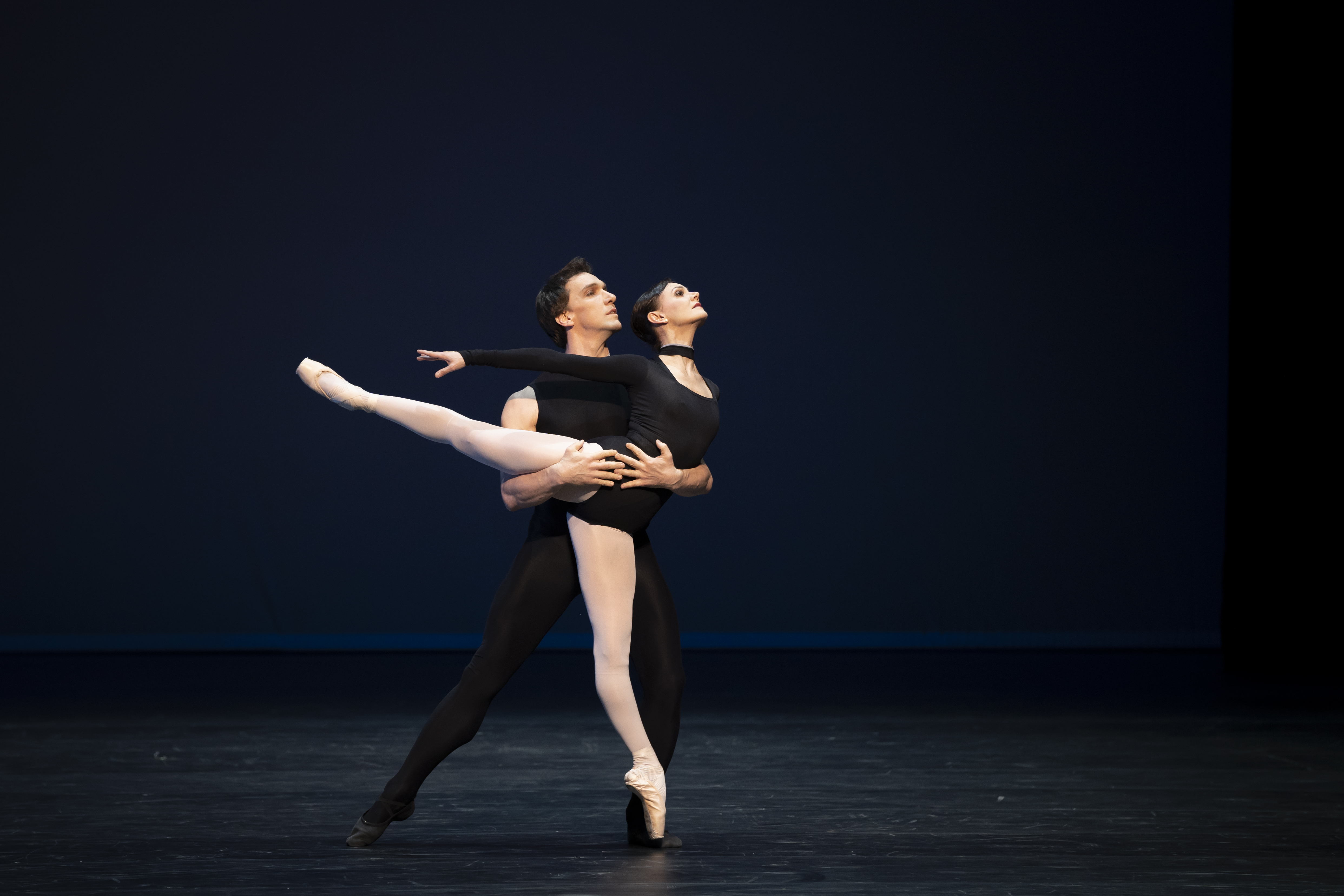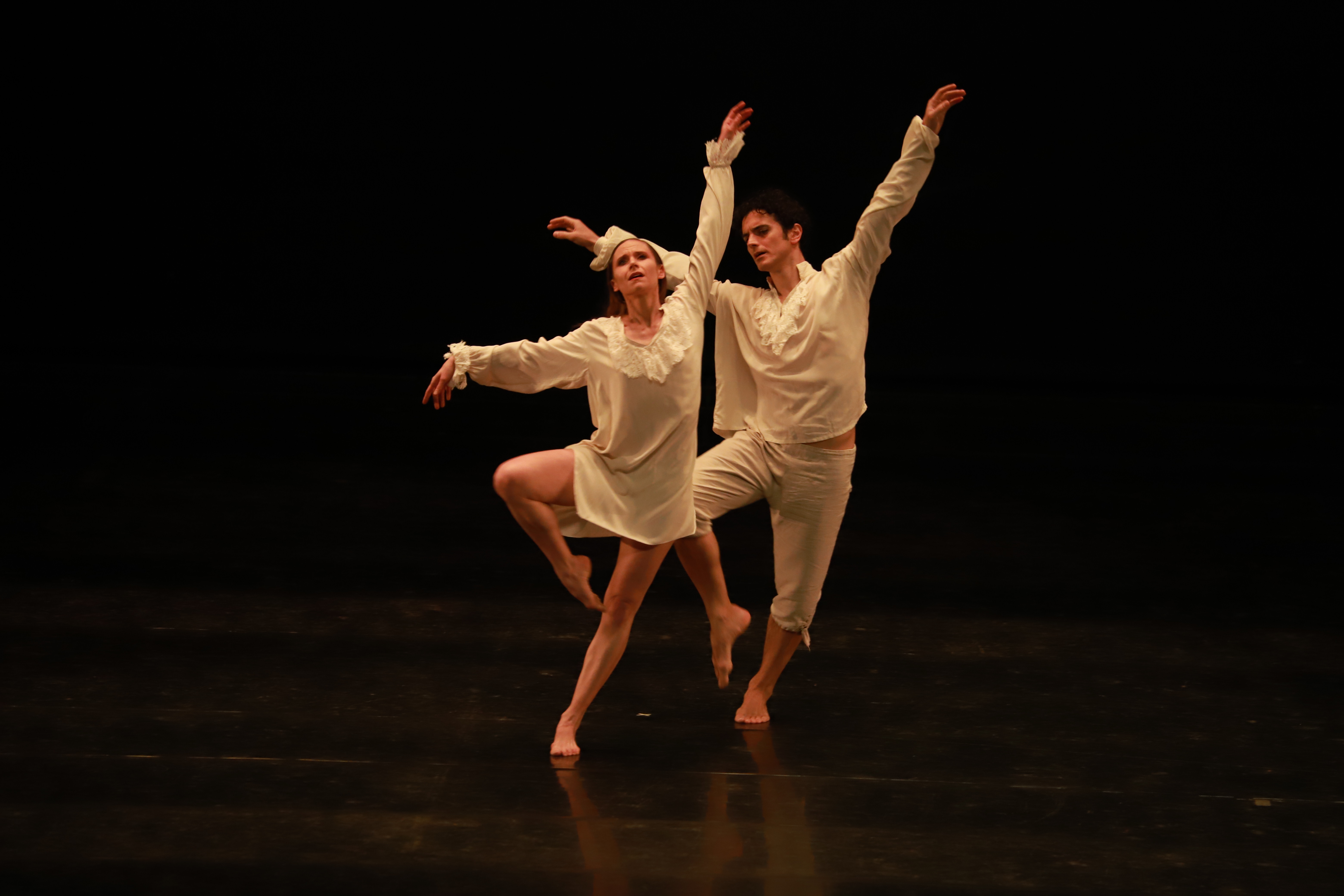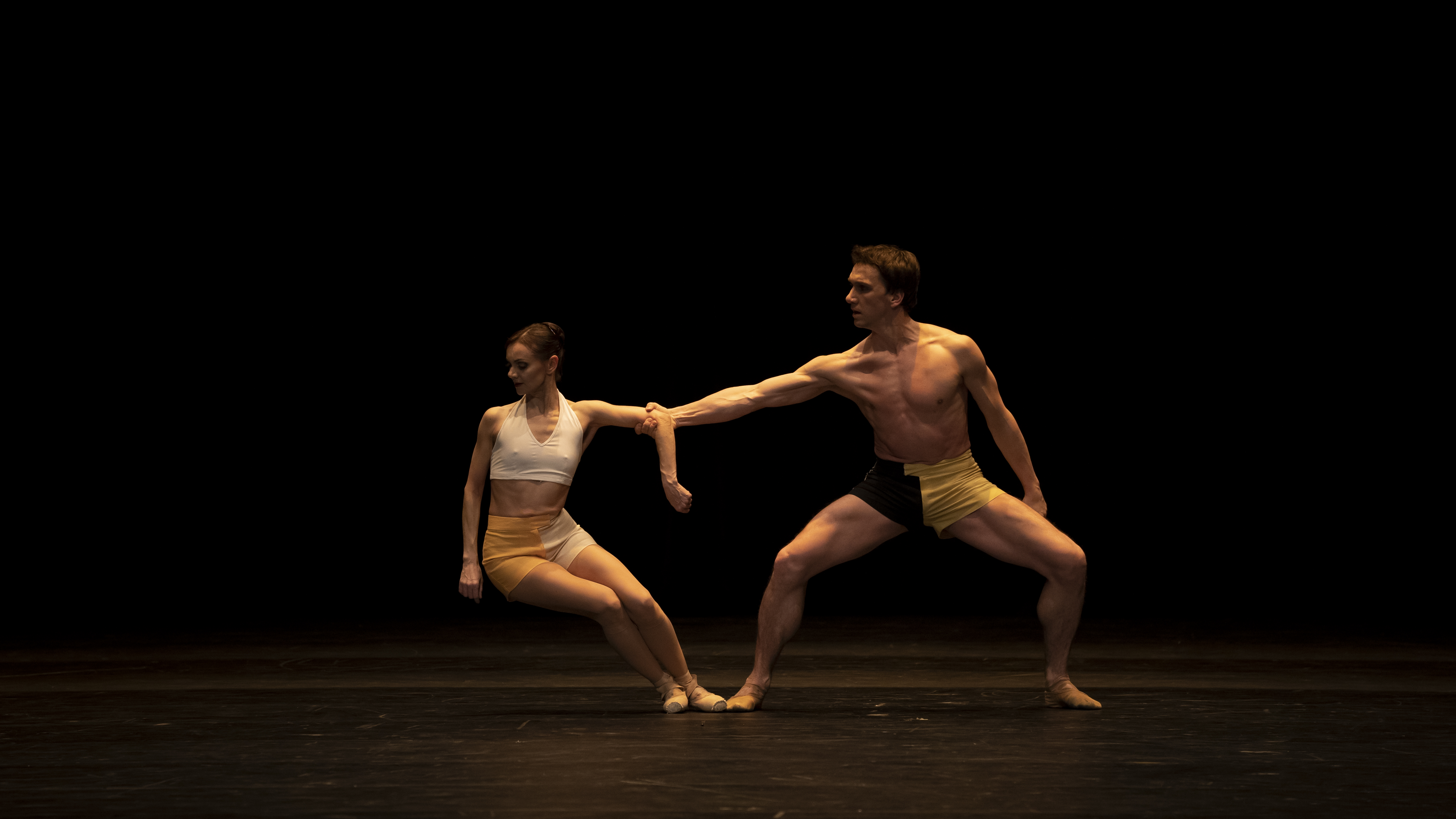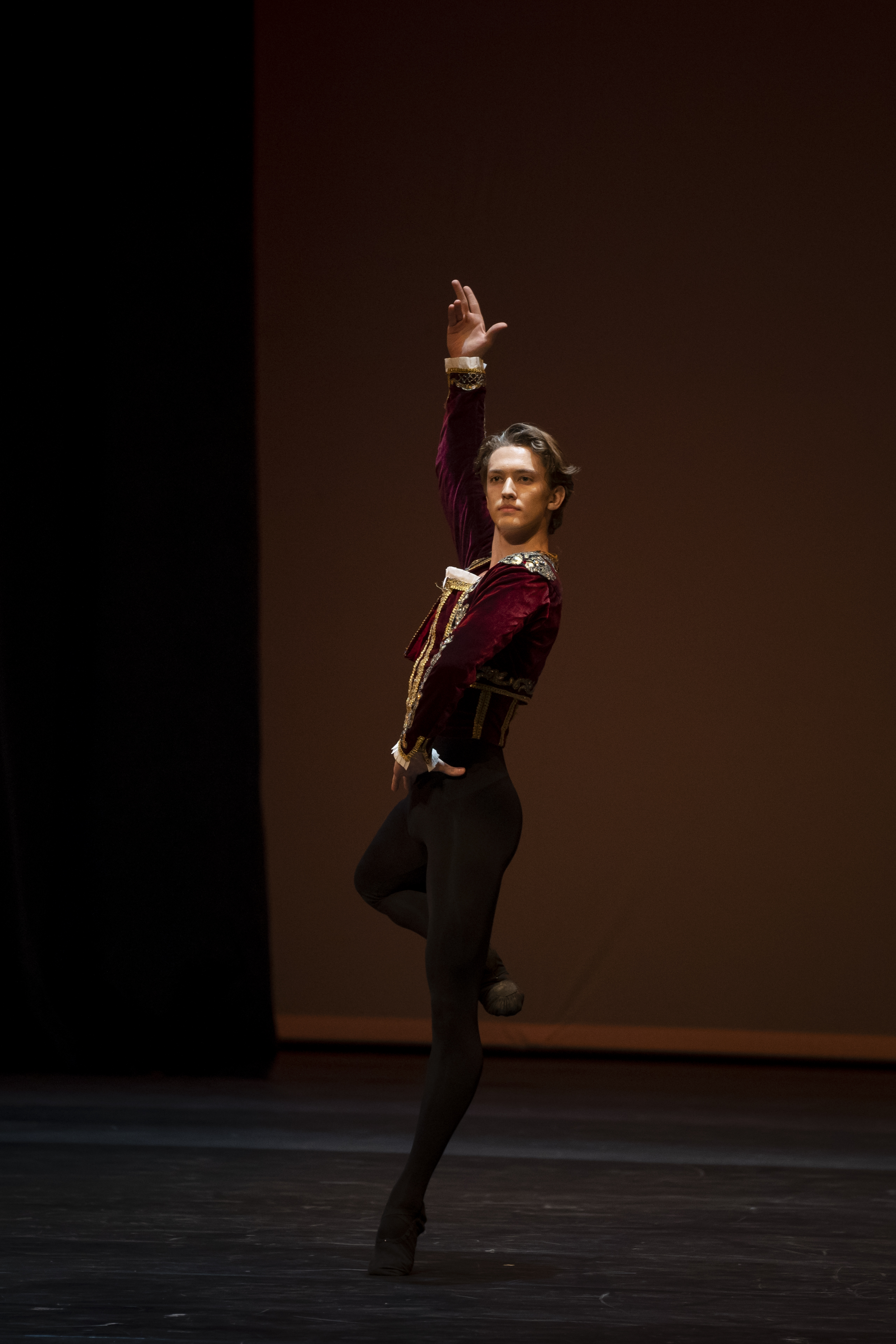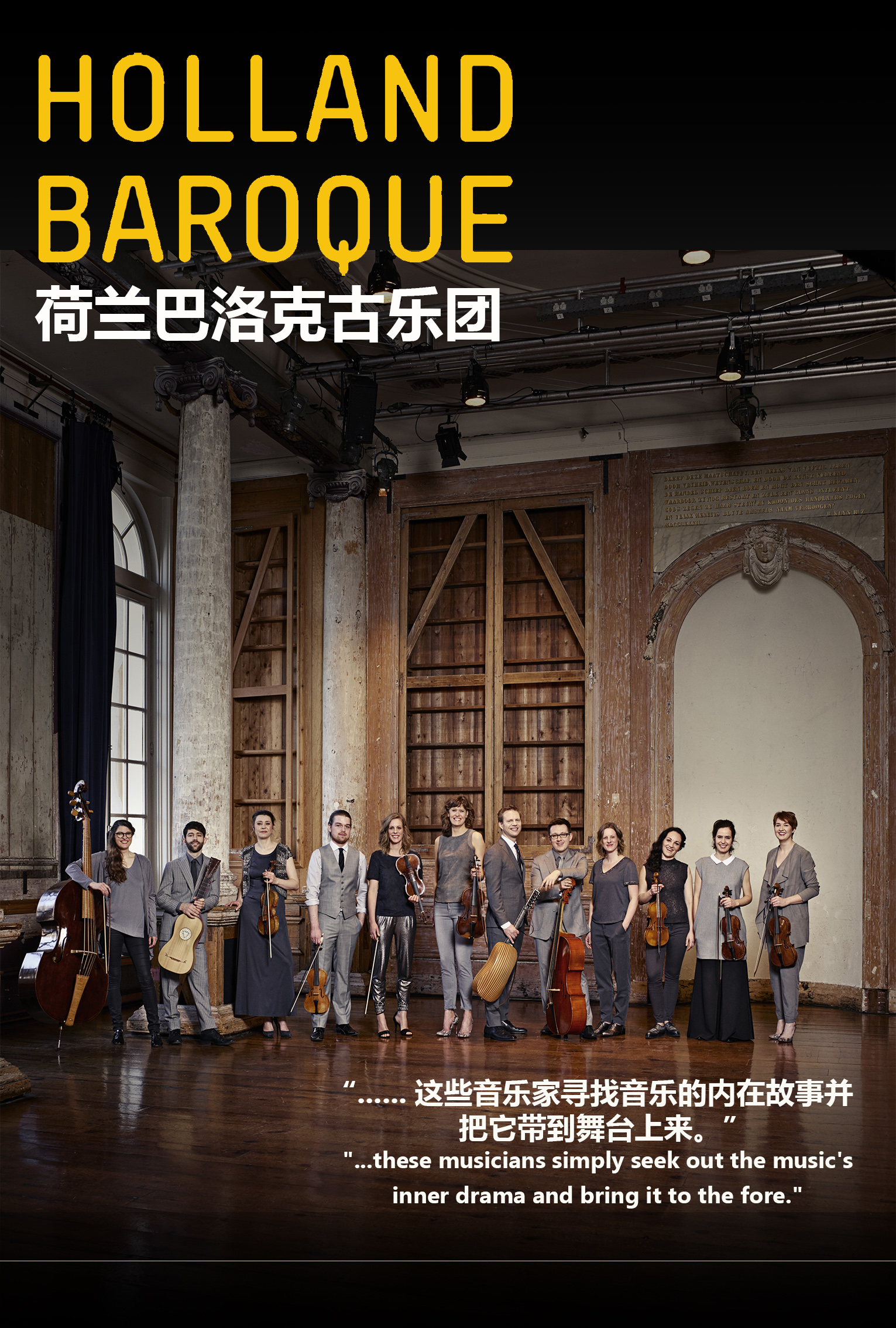China’s foremost classical percussionist brings drum drama to Asia’s World City
Although a fully-fledged orchestra cannot do without a percussion section, percussion solos in classical music are few and far between. So to find an actual percussion soloist in the classical world is rare. Li Biao is one and proves that percussion is not just about rhythm, but is also melody, dynamism and diversity.
Born in the city of Nanjing, Li began his musical training at the age of five. He was the first percussionist to be selected by the PRC to attend the Tchaikovsky Conservatory in Russia and then won a scholarship to the Munich Conservatory of Music in Germany. Apart from composing, recording and performing extensively throughout the world, Li is now a professor at the Beijing Central Conservatory. In 2005, he founded the Li Biao Percussion Group, which performed at the Beijing Olympics closing ceremony. He tells bc about his musical journey as a percussionist.
What, so far, has been the most unforgettable experience in your career?
I think the most unforgettable one was the Beijing Olympic Games. At that time, I was facing an audience of more than 10 billion people. I think I will never forget this in my entire life. It wasn’t the actual performance that made it a unique experience, but the enormous scale of production and the passion of the citizens which made it impressive. The whole world was watching our performance.
Did you feel any pressure?
Yes, of course, not only did I have to make a 100% preparation, I needed to do it 200%. It was a challenging task, but if any one of us is given a chance to participate, we have to give our best. I was responsible for the recording of the percussion performance, and the music was ready in May. We started rehearsing in early July, so it took us almost a month for the rehearsal.
What does China mean to you in terms of music development?
China is my home country, where my roots are. No matter where I perform, my identity does not change, I am always Chinese. Chinese culture has actually broadened my perception and vision of music.
Yet you have had a solid Western musical training?
Certainly. But I think that as a Chinese musician, it is inappropriate if you don’t play any Chinese music: We have a responsibility to perform and introduce new Chinese music. When I say new Chinese music, I am not only talking about traditional music, which is easily recognized by others. Just as contemporary Chinese art is not just landscape and horse paintings like those of Xu Beihong, we don’t have to copy what our ancestors have already done. We are now using the wisdom of the modern China and, with our traditional culture, we are able to create something new that belongs to our time. I have been keen to put Chinese elements into my concerts and my music, and they were hugely acclaimed in European countries. To foreign audiences, such music sounds new yet familiar at the same time. This is something that we need to do. Our music needs sustainable development –it is impossible to imitate whatever our ancestors have left us.
What genre does your music belong to?
Percussion music is actually multicultural. Percussion instruments come from all over the world: Africa, China, Latin America... Our music, therefore, instead of heading in one single direction, is actually multilateral.
What are your expectations of the music scene, in particular of percussion music in China?
I have lots of anticipation in this respect or I would not be teaching at the Beijing Central Conservatory. In China, I was the first international prizewinner in percussion music but I am happy to tell you that some of my students won at international competitions last year. They are now the second and the third Chinese percussionists to have attained world recognition for their music skill. I think the music scene in China is gradually developing to a world standard. Lots of globally acclaimed music tours are now held in Beijing and Shanghai and the economy and culture of China is also heading into a better phase. This is a good sign, especially when the popularity of classical music in Europe is declining, as most of the classical music concertgoers are middle-aged and old people. Chinese music has the potential to rise in popularity in the world. As you can see, nowadays more and more people are highly interested in Chinese art and culture. I feel good about this because, no matter where you are from, if you have a powerful nation and you are proud of it, everyone will look at you in a different way.
What are your plans for the future?
I hope we will have more opportunities to perform in different places. We have already had a lot of chances but, of course, we need more good experience. We want to bring more meaningful music to the world, not only to music professionals, but to spread our music to everyone. I am very excited to see my audiences coming from all walks of life, because this is exactly how we promote our music. It makes me feel like we are missionaries who will explain and introduce our music. This is very important. To me, my music is not created for myself only.
Which particular places would you like to perform live?
Africa. I have never been there before. And, of course, I am so looking forward to my concert in Hong Kong in November. I think Hong Kong audiences are very passionate, and they have a high level of music appreciation. For the concert, I have selected a list of pieces with different styles. There is also an interactive session where I will invite the audience to participate, or to become performers themselves. I believe after this concert, Hong Kong could be renamed ‘A City of Rhythm’.
The 6th Hong Kong Drum Festival – Majestic Drums XI will be held on November 23 in the HK Cultural Centre Concert Hall. The concert commences at 8pm. Tickets are $260, $200 and $120 from URBTIX, 2734 9009. The programme includes Rudi Bauer: Clap Trap, Minoru Miki: Marimba Spiritual and Li Biao: Drama X.
News
to the city of rhythm -HONGKONG BC MAGAZIAN
(2010-03-20)

